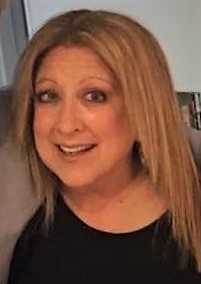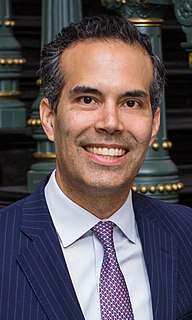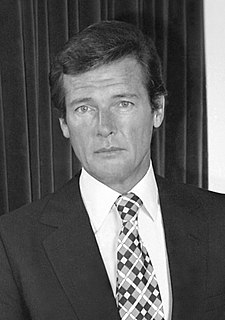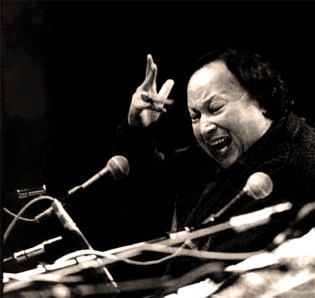A Quote by Lewis Schiff
By the time I entered this prestigious high school, my interest in formal education had already been exhausted.
Related Quotes
When the students were asked to identify their race on a pretest questionnaire, that simple act was sufficient to prime them with all the negative stereotypes associated with African Americans and academic achievement. If a white student from a prestigious private high school gets a higher SAT score than a black student from an inner-city school, is it because she’s truly a better student, or is it because to be white and to attend a prestigious high school is to be constantly primed with the idea of “smart”?
My formal education as an extension to my college degree in journalism was the time that I spent working with the student newspaper. I would argue that my greatest education occurred by working for the student newspaper. It wasn't necessarily the classroom work that made my formal education special. It was the idea that I had the opportunity to practice it before I went into the real world.
I entered the literary world, really, from outside. My entire background has been in sciences; I was a biology major in college, then went to medical school. I've never had any formal training in writing. So what I know about writing, I know from my own instincts, and whatever the narrative voice is in my own head.


































